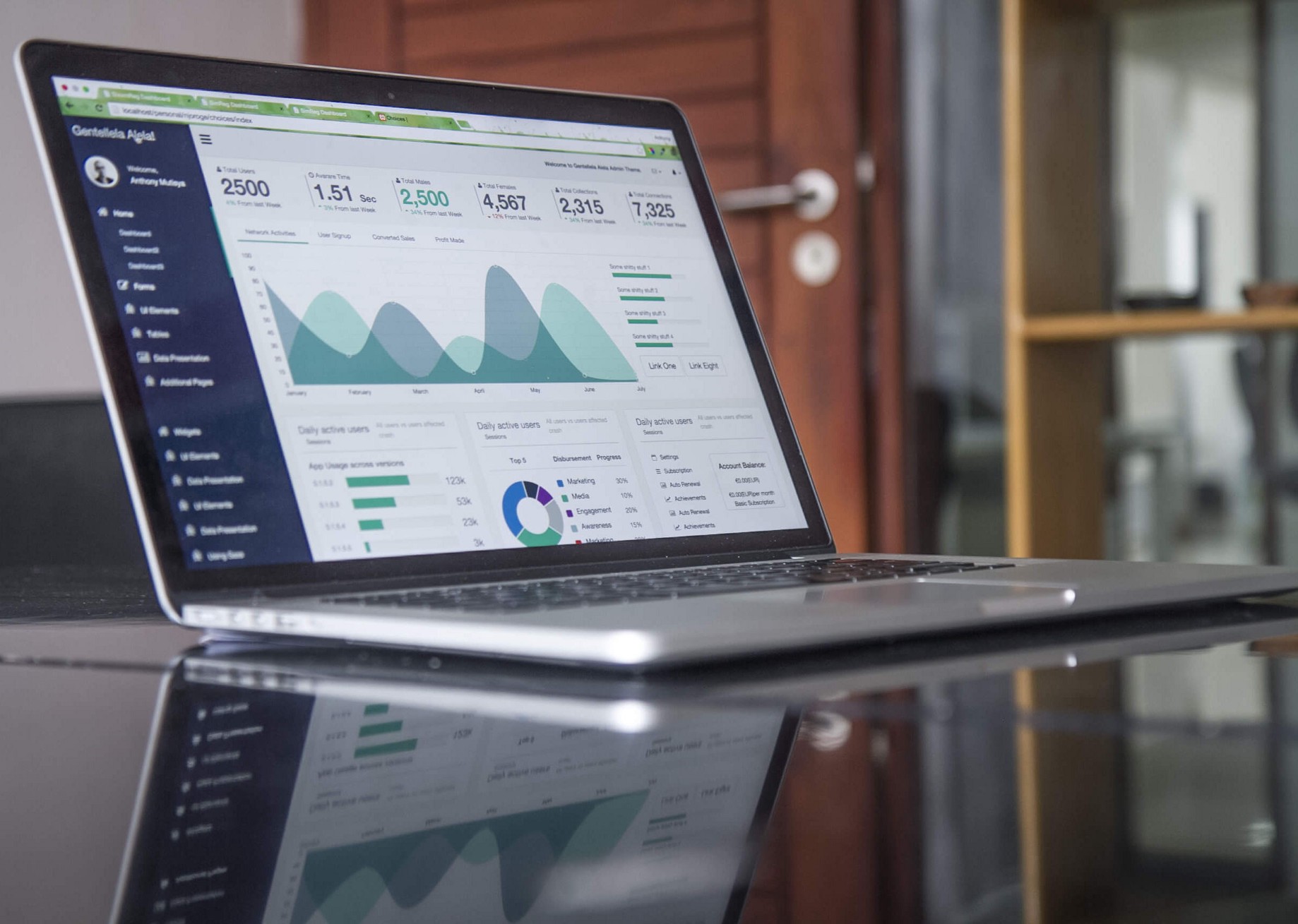Internet
Social media use is killing your career as a data scientist

In our internet age, we are connected to everyone on the globe in real-time via mail chat, and social media. Answer an email, check how many views you had on your Medium article, doomscroll on twitter, getting reminded to review comments on a report you are working on. All these demand our attention, taking us away from the work we are doing. In his book “Deep Work”, Cal Newport explains that all these demands for attention make it very hard to set aside uninterrupted deep focused time to work (deep work). Deep work is needed to tackle the hard challenges you face in your research, and not having it severely limits the progress you will be able to make.
For me and my fellow PhDs, a common problem when working on new or hard projects was the apparent lack of progress in the first few weeks, followed by a few days of frenzied productivity. Reflecting on it later, the lack of concrete progress in those first few weeks was deceptive. When just starting on a new subject, it is still so large and unfamiliar that your brain has a hard time grasping it. Over time, better understanding of the subject acts similarly to a zip algorithm: it compresses the information. When the information is compressed sufficiently, it fits into your mindspace all at once. When you hit this threshold, the days of productivity kick-in and much of the tangible results are produced.
In my experience, the zip algorithm is fueled by one thing: long uninterrupted stretches of deep focused time aka Deep Work. However, these focused stretches of time are under constant assault by the deep integration of social media, instant communication and e-mail into our personal and professional life. Getting into and staying in deep work is very hard when you are constantly bombarded by distractions. Any distraction takes us out of deep work, and it can take up to 15 minutes to get back into deep work after the distraction.
But how do we free ourselves from the yoke of internet distractions? In his book “Deep Work” Cal Newport provides a lot of solid advice. For all nuances and depth, I would strongly recommend you read the book, but the following points really stood out to me:
- Become proactive in scheduling stretches of uninterrupted deep focused time and eliminate all distractions during that time. Disable email, instant messaging and social media, move to a quiet location, let your co-workers know you are not available. Anything you need to do to really get into a deep and focused and distraction free state of mind.
- Batch your interaction with e-mail, instant messaging and other forms of distraction. For example, use 30 minutes at the start and end of every day to respond to emails and disable it outside that batch of time. I would also highly recommend you turn off any notification sound or buzzing on your smartphone. Choose when you want to interact with these tools, not let the tools choose for you.
- Become more comfortable with being bored. Instead of grabbing your smartphone whenever you have nothing to do, just allow yourself to be bored and present in the moment. By being present in the moment you train your mind to focus, contrasted with the distracted mindset you foster when constantly distracting yourself with the torrent of information available on social media and the like.
Who am I?
My name is Paul Hiemstra, and I work as a teacher and data scientist in the Netherlands. I am a mix between a scientist and a software engineer, and have a broad interest in everything related to data science. You can follow me here on medium, or on LinkedIn.
If you enjoyed this article, you might also enjoy some of my other articles:


1 Comment